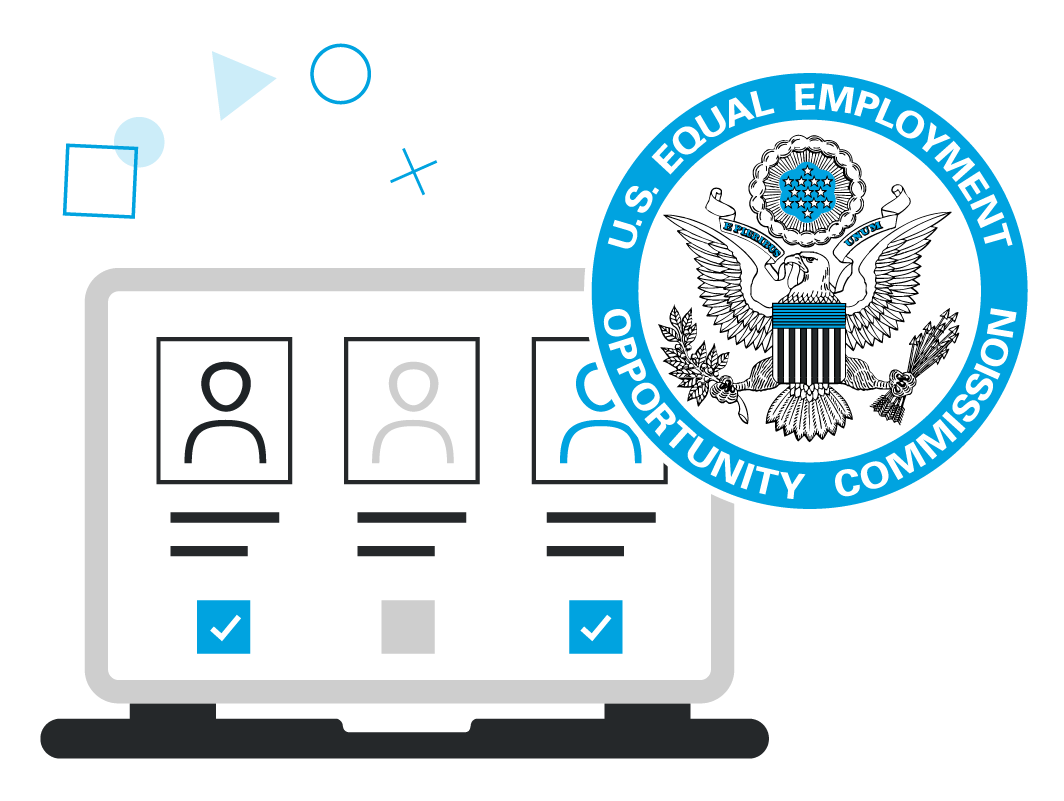
![]()
Over the last two years, pay transparency laws have gained traction in the U.S. with no signs of slowing down. In fact, Inc. has called 2022 “the year of pay transparency.”
What is pay transparency? Essentially, it’s the practice of openly sharing current and prospective employee compensation. Pay transparency is a proven method for combating racial and gender pay inequity. Below, we take a look at pay transparency laws coming into play by state, city, and county, particularly relating to salary range disclosures in job listings.
California
In 2018, the Golden State enacted landmark changes to its Equal Pay Act, making it the first in the country to pass a salary history ban. The Act also requires employers to supply pay scales upon applicant request.
A newer piece of legislation, known as SB 1162, currently pending governor review later this summer, would require employers to share wage ranges in all job listings.
Colorado
Since January 2021, Colorado’s Equal Pay for Equal Work Act has required employers to include the pay range and benefits in all job listings. It’s important to note that this law applies to organizations with at least one employee in Colorado, including remote jobs that could potentially be performed in the state.
Connecticut
As of October 2021, employers in Connecticut must provide the salary ranges to applicants upon request, or if the employer extends an offer (whichever occurs first).
Employers must share with employees the pay range when workers are hired, if they change positions, or if they request it for their current role.
Maryland
In 2020, Maryland updated its Equal Pay for Equal Work law to require employers to disclose salary ranges to applicants when asked.
Nevada
As of October 2021, Nevada’s pay transparency law requires employers to share salary ranges with all job applicants who have completed interviews (including promotions and transfers).
New Jersey
Per Jersey City’s Pay Transparency Ordinance, employers with five or more employees must disclose the minimum and maximum salary, or hourly wage, and benefits for each job, promotion, or transfer opportunity.
New York
A bill passed in June 2022 that currently awaits governor action would require New York State employers with four or more employees to include a salary range and position description in all job listings.
The statewide bill is similar to pay transparency laws recently enacted in New York City (effective November 2022), Westchester County (effective November 2022), and Ithaca (effective September 2022), which require employers to list the minimum and maximum salary on all job postings, promotions or transfer opportunities.
Ohio
As of 2020, Cincinnati and Toledo have passed laws requiring employers to provide the salary range to applicants who request it after receiving a job offer.
Rhode Island
Effective January of 2023, the Rhode Island Equal Pay Law will require employers to provide candidates pay range information during interviews upon request. Employers must disclose the range for a role before they discuss compensation.
Washington
Washington amended its Equal Pay and Opportunities Act in 2019, requiring employers to provide the minimum and maximum pay range for a job after they’ve made an offer if the candidate asks for it. This includes internal transfers and promotions.
Salary range disclosures are one form of pay transparency. Pay data reporting and certification are also important methods for helping eliminate gender and racial pay gaps. These laws are taking effect beyond the U.S., too. For more information on evolving pay equity and pay transparency laws taking shape around the world, view our interactive Pay Equity Definitive Guide below.




